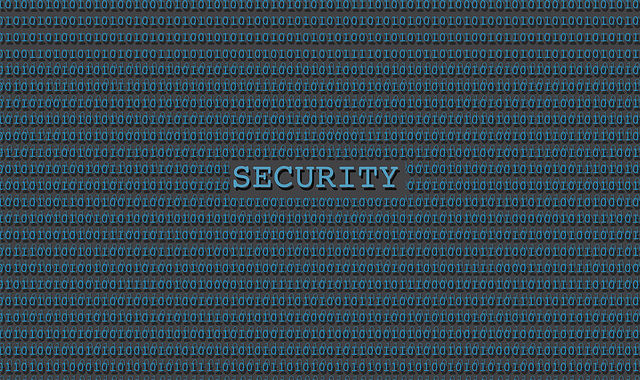Why Ethical Hacking Is Essential For Your Business

In the middle of October, a huge internet attack managed to take down some of the biggest websites in the world. Popular services and sites including Twitter, Amazon, Spotify, Netflix and Soundcloud all experienced extended periods of downtime and slow loading times, causing misery and inconvenience to millions of users across the world.
It was carried out by hackers using a distributed denial of service (DDoS) attack to simultaneously overload the sites to that their servers could no longer handle the amount of traffic. But how it happened is not especially important – what is important is if hackers can take down some of the largest and most well-financed websites in the world, what could they do to small business websites?
It’s a fact that if you’re a small or medium-sized business and you have a website, you need to start taking web security far more seriously. As hackers become more capable and use increasingly advanced techniques, it’s up to you to take steps to mitigate the damage that they could do to you. Think about what it would do to your business if your site was offline for a day. And what would it do if you were offline for a week or more? Failing to put time and effort into your internet security could leave you very vulnerable to attacks.

Unfortunately many businesses suffer from complacency, believing that a serious hacking attack will never happen to them. But any site can be targeted and there’s no reason to think that you are immune. So it’s time to start thinking about your different options and one that is growing in popularity is ethical hacking.
What is ethical hacking?
Many people see the phrase ‘ethical hacking’ and they don’t really understand it. How can hacking be ethical? The problem is that there is a misconception about what it means to be a hacker and that has been fueled by the number of media reports on stolen passwords, data and identities by hackers. Of course, these kinds of criminal activities can be undertaken by hackers but that is not the only definition of the term.
In fact, hacking was initially a positive term that effectively meant finding ways to improve systems or bypass unnecessary aspects of programs. The vast majority of people who classify themselves as hackers are not interested in criminal activities – many see it simply as a game or a challenge. It is only because hackers mainly receive media attention for doing illegal things that people misunderstand the term.
Those illegal hackers and cyber criminals use their skills to break into computer systems in order to steal data or money. Ethical hackers use the same techniques as criminal hackers. But instead of stealing, they provide information to businesses on how they were able to defeat their cyber defences. This allows those businesses to improve their cyber security so that if a real hacking attack were to occur, it would not cause them the same level of problems.
To avoid the term ‘hacker’, many companies that complete ethical hacking are simply classed as cyber security experts. But it’s important to note that all of the techniques used are the same.
How is ethical hacking carried out?
As mentioned before, the whole point of ethical hacking is to simulate a real hack. This means that ethical hackers use the same techniques that illegal hackers would attempt. The variety of different techniques grows every day. Part of the skill of ethical hacking is being able to keep up with the most current methods.
The term penetration testing is sometimes used interchangeably with ‘ethical hacking’, but it’s not quite right to do so. Penetration is testing is an important part of ethical hacking but it is an encompassing a term. Pen testing involves the attempts to breach the system by using digital methods, such as cracking passwords or bypassing security measures. Ethical hacking refers to broader attempts to gain access to a system. This could include anything from phishing emails to social engineering, where an employee could be tricked into giving away their details.
These are the kinds of techniques that hackers would use in the real world to try to find a way into your system. So it is just as important to test these aspects of your defences as it to understand your cyber security needs. Hackers are likely to use the techniques that yield the best work with as little work as possible.

How can it help you?
Ethical hacking provides you without something that you simply can’t simulate inside your business – an outside perspective. It’s generally the case that while a business’s cyber security team may know what they are doing, they can become blind to their own mistakes. It’s only when ethical hackers actively look for a way to circumvent the defences that it can be shown how they can be broken down.
Your business can use ethical hackers on a regular basis in order to not only test your current capabilities, but is also to show the team exactly how hackers will attempt to break into the system. Once ethical hackers have carried out their work, it gives your cyber security team the chance to improve the defences.
This could come in the form of complicated technical processes. But it could also be something as simple as providing training to staff on how to spot a phishing email from something genuine. It’s amazing how many employees don’t follow the same common sense checks that they would for their own devices and passwords.
Image credits.
Main. Security 1. Security 2.




